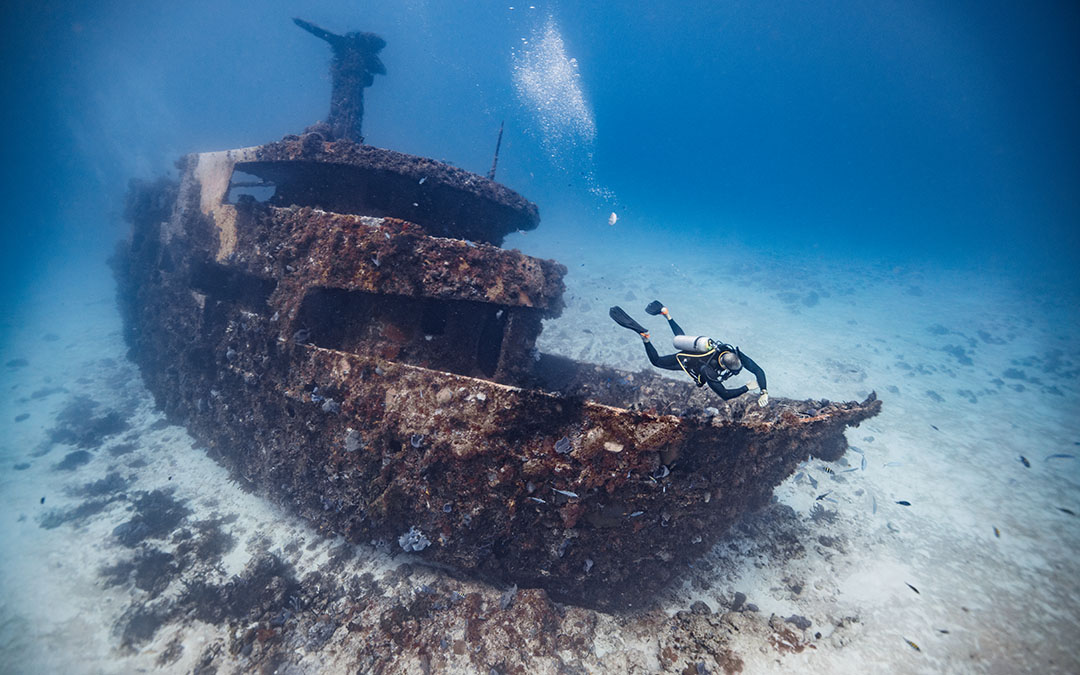There's only one TDI instructor in Minnesota and he isn't certified to teach solo. Here's the link if you want to search elsewhere.I'll have to dig a little further - couldn't find the instructor list. Did however find a couple SDI shops 150miles away - thanks
So you understand, SDI instructors aren't listed individually, only TDI instructors are, so there's probably more SDI instructors out there that can teach solo. There's probably some PADI folks that can teach self-reliant as well.
You can acquire all the knowledge you need to dive solo by reading books etc., but a good instructor will get you from where you are to where you want to be quicker than trying to do it all yourself.
I concur with everything in @tursiops post, and to add to it, if you find an SDI instructor who's willing to let you use a spare air, you should run away.
I think the gas planning and the skills that you perform in solo are probably the best parts of the course. Solo isn't rocket science, but your margin for error is much lower. Having the experience and the skills to handle problems when they occur is going to be priceless in a crisis. Knowing how to avoid that crisis is doubly important.
One of the really cool things about SDI is they encourage their instructors to add material to courses. If I were you, I'd ask any instructor that I was going to take a solo course from what they do that exceeds the standards. If their answer doesn't impress you, find another instructor. You can download the SDI standards for every course, but Solo is here.




